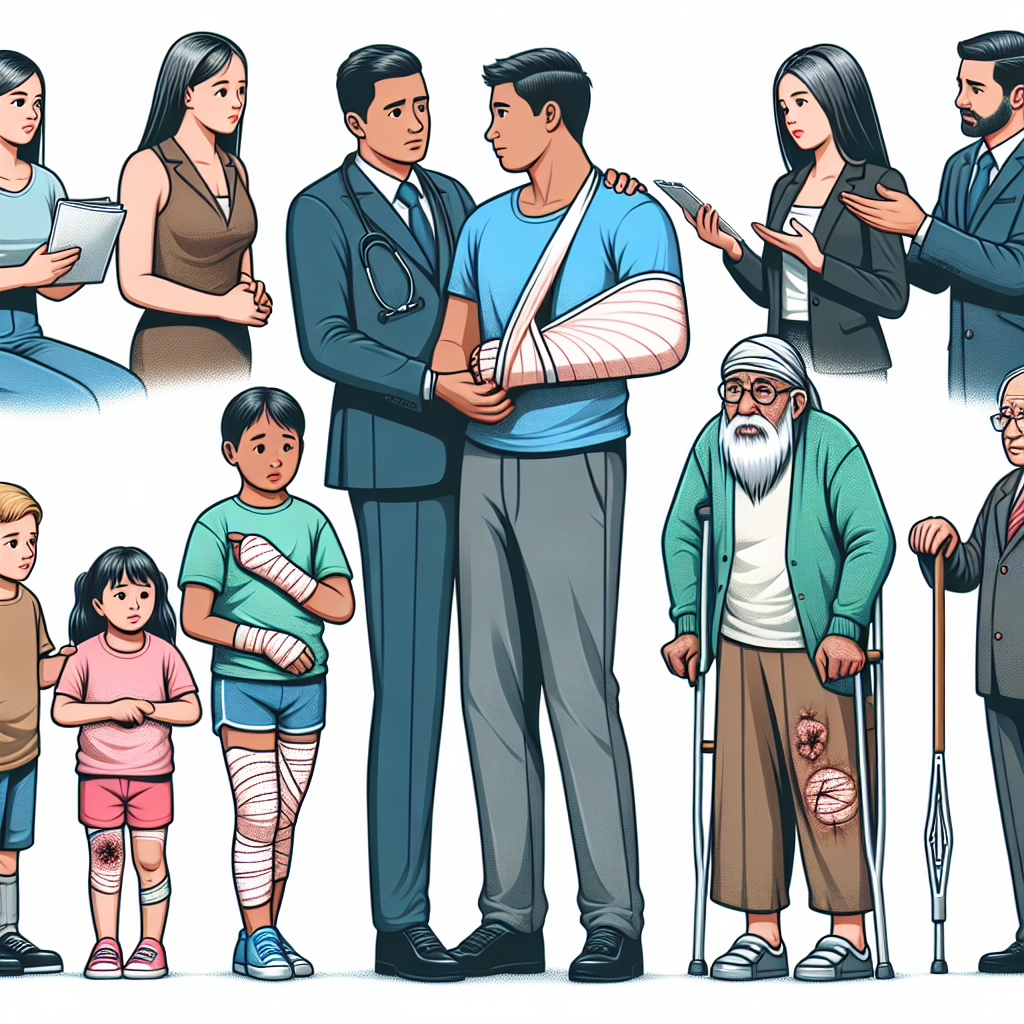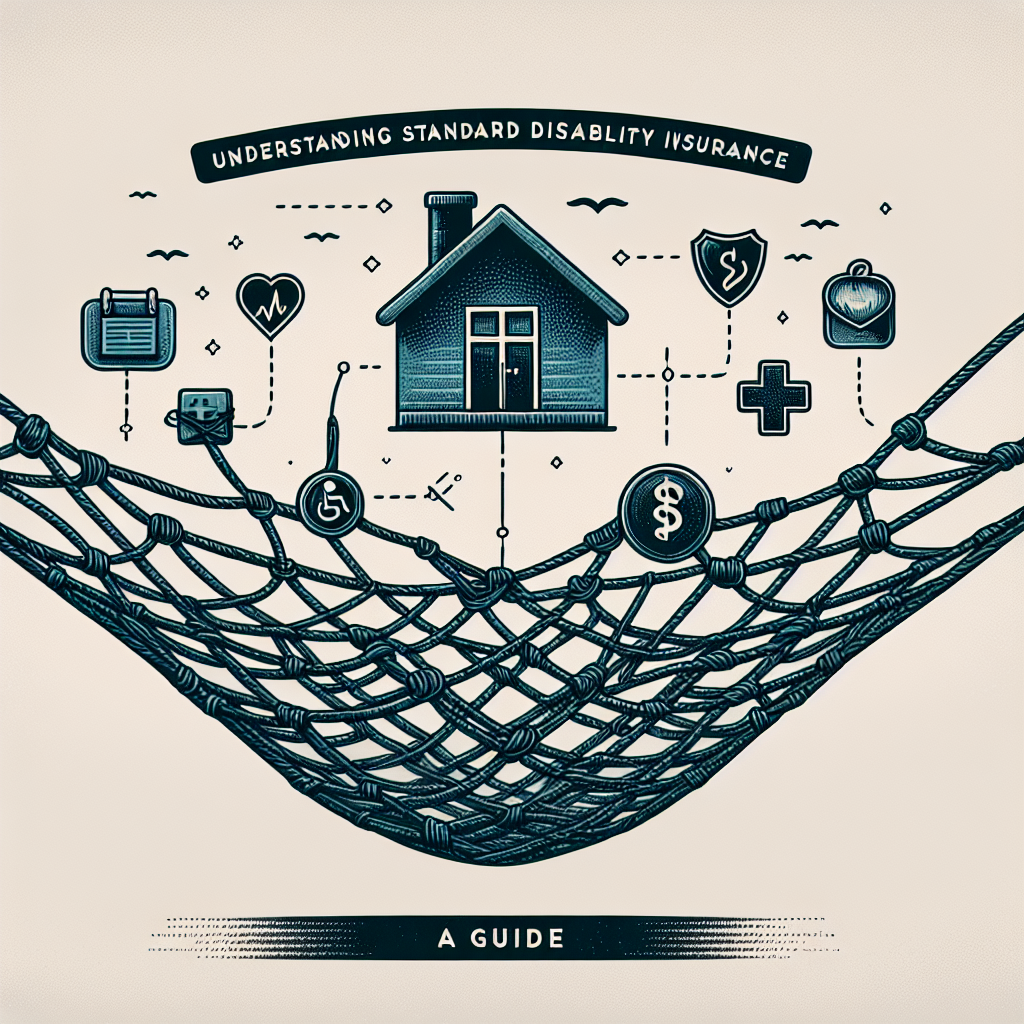Filed under Health Insurance on
Insurance Coverage for Night Nurses: What to Know

In the healthcare industry, night nurses hold a critical role in ensuring patient care continues seamlessly around the clock. However, working the night shift presents unique challenges, particularly when it comes to insurance coverage. Understanding the specifics of insurance coverage for night nurses can be a crucial step in safeguarding their health, finances, and career. Whether you're a seasoned night nurse or just stepping into this vital role, knowing what to expect from insurance coverage is essential.
Understanding Insurance Needs for Night Nurses
Night nurses face distinct circumstances that can influence their insurance requirements. The irregular hours and potential health impacts of working night shifts necessitate a tailored approach to insurance coverage. Additionally, night nurses often experience heightened stress and fatigue, contributing to health risks that should be considered when selecting insurance plans.
Health Insurance Considerations
For night nurses, health insurance is a crucial form of coverage. The nocturnal schedule can disrupt sleep patterns and have long-term health implications, making comprehensive health insurance a priority. Consider plans that cover preventative care, mental health services, and offer flexibility in network providers since night shifts might limit daytime availability for appointments.
The Importance of Disability Insurance
Disability insurance is another important component of insurance coverage for night nurses. Given the physical demands and potential hazards of working overnight, disability insurance can provide financial security if a nurse becomes unable to work due to an injury or illness. Short-term disability can offer immediate coverage, while long-term disability safeguards future financial stability.
Liability Coverage Explained
Professional liability insurance is a must for all nursing professionals, including night nurses. This form of coverage protects against legal claims of malpractice or negligence. While many employers offer liability coverage, it's wise to review the terms and consider additional personal coverage if necessary.
Challenges Unique to Night Nurses
Working the night shift isn't just a scheduling change; it impacts every aspect of a nurse's life, including their insurance needs. Understanding these challenges can guide better decisions around insurance coverage for night nurses.
Managing Health Risks
Numerous studies have highlighted the health risks associated with night shifts, such as sleep disorders, increased stress levels, and susceptibility to chronic conditions. Insurance plans that cater to these needs might include enhanced mental health support and coverage for sleep-related issues.
Handling Irregular Work Hours
The erratic hours can complicate scheduling doctor’s visits and accessing daytime services. Health insurance plans that offer telehealth services or 24/7 hotline access can be particularly beneficial for night nurses who need flexible healthcare solutions.
Selecting the Right Insurance Coverage
With an understanding of the challenges night nurses face, the next step is selecting an appropriate insurance policy that addresses these specific needs.
Evaluating Health Insurance Options
- Provider Network Flexibility: Ensure that the plan includes a wide range of providers for easy access, whether through in-person visits or telemedicine options.
- Comprehensive Mental Health Coverage: Given the stress of night shifts, mental health services should not be overlooked.
- Preventive Care Services: Choose plans that emphasize preventive care, aiming to avert serious health issues before they arise.
Understanding Disability Insurance Terms
- Short-term vs. Long-term Disability: Familiarize yourself with the specifics of each type, including what percentage of your salary is covered and for how long.
- Own Occupation Coverage: This type provides benefits if you're unable to perform your specific job, a critical feature for night nurses facing specific physical demands.
Investing in Liability Insurance
If not provided by your employer, consider personal liability insurance to fill any gaps, ensuring comprehensive protection against potential lawsuits or claims of malpractice.
Industry Trends and Expert Opinions
With the healthcare industry evolving rapidly, staying informed about the latest trends is vital for night nurses contemplating their insurance options. Experts suggest increasing trends towards customizable insurance plans that adapt to individual healthcare worker needs, including those peculiar to night shifts.
Customizable Insurance Plans
Insurers are beginning to offer more personalized plans that can be adjusted according to a nurse's work schedule and personal health risks. This flexibility is invaluable for night nurses whose needs may differ significantly from day staff.
Telemedicine and Remote Services
The rise of telemedicine continues to revolutionize how healthcare services are delivered. For night nurses, having access to virtual consultations and remote healthcare services can help mitigate the inconvenience of irregular hours, ensuring timely and convenient medical advice and support.
Conclusion
For night nurses, navigating insurance coverage can be a daunting task, yet it is undeniably essential. By understanding the specific risks associated with night shifts and selecting insurance plans that cater to these unique needs, night nurses can protect their health, well-being, and financial future. From health insurance tailored to nocturnal workers to essential disability and liability coverage, a comprehensive and thoughtful approach to insurance can provide the peace of mind every night nurse deserves.
Overall, aligning insurance plans with the specific demands of the night shift will ensure that night nurses are well-protected and can continue to provide critical care with confidence and security.





